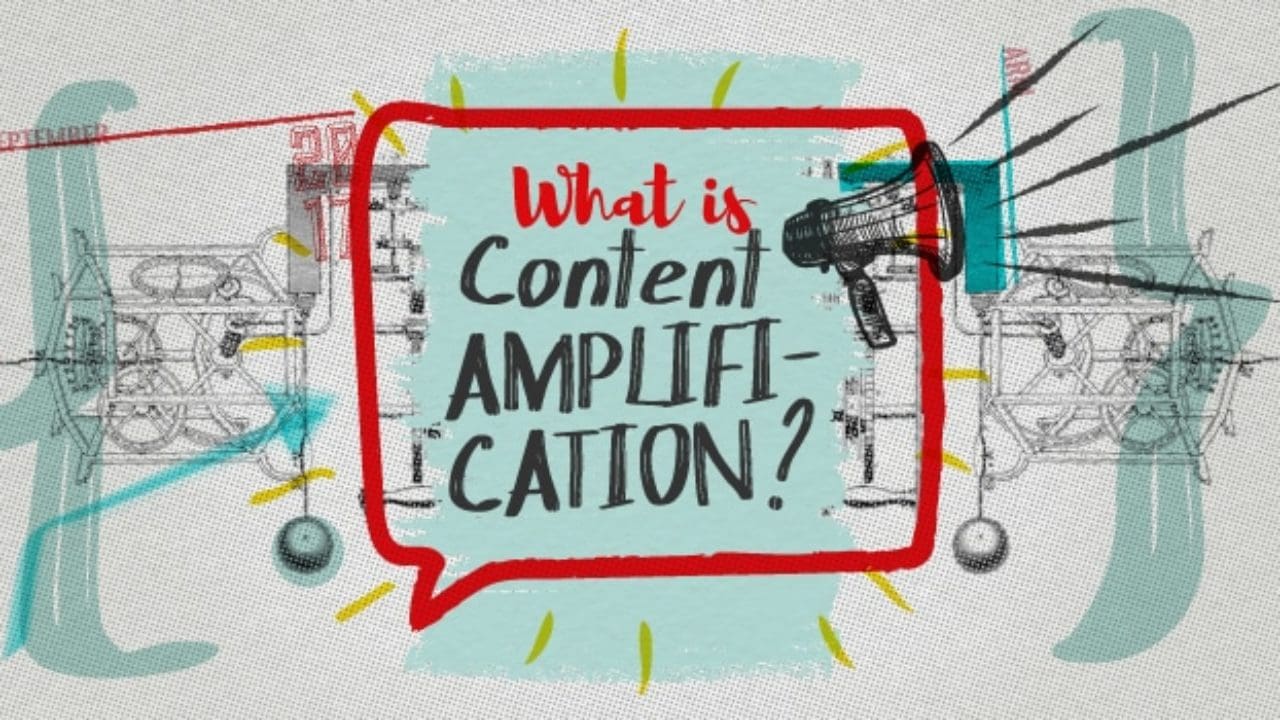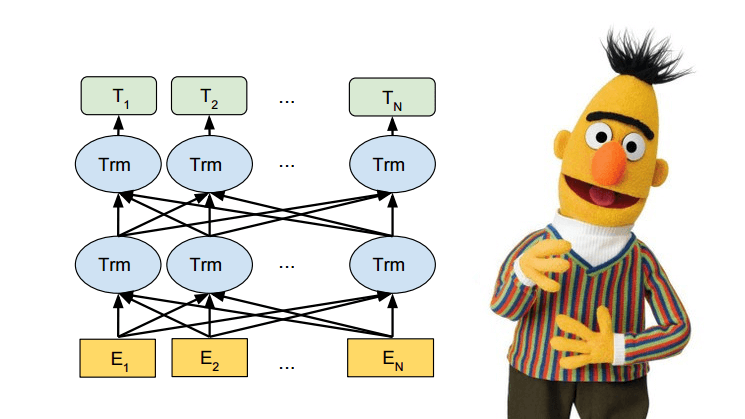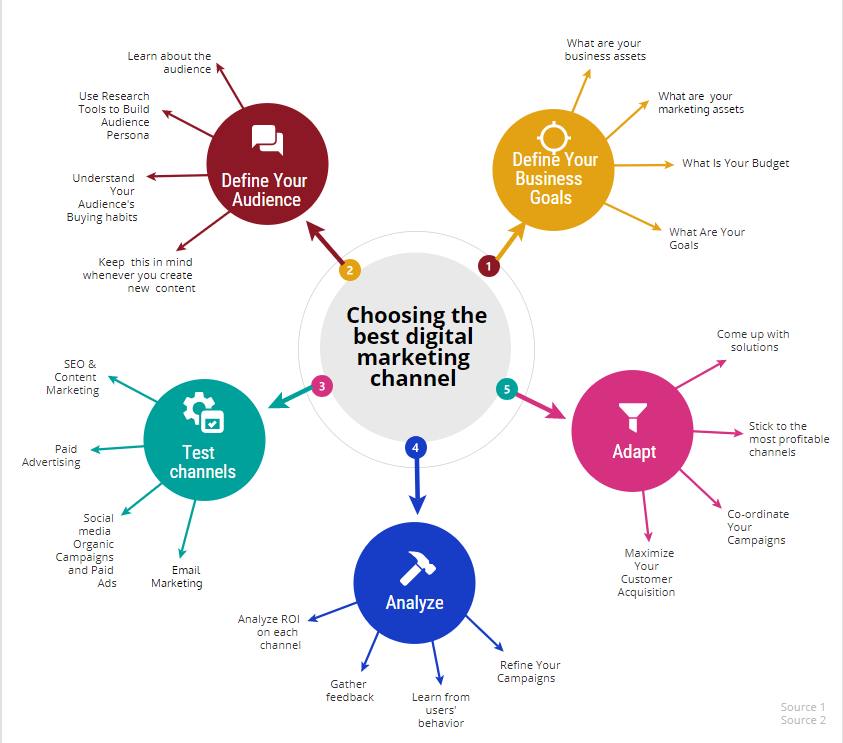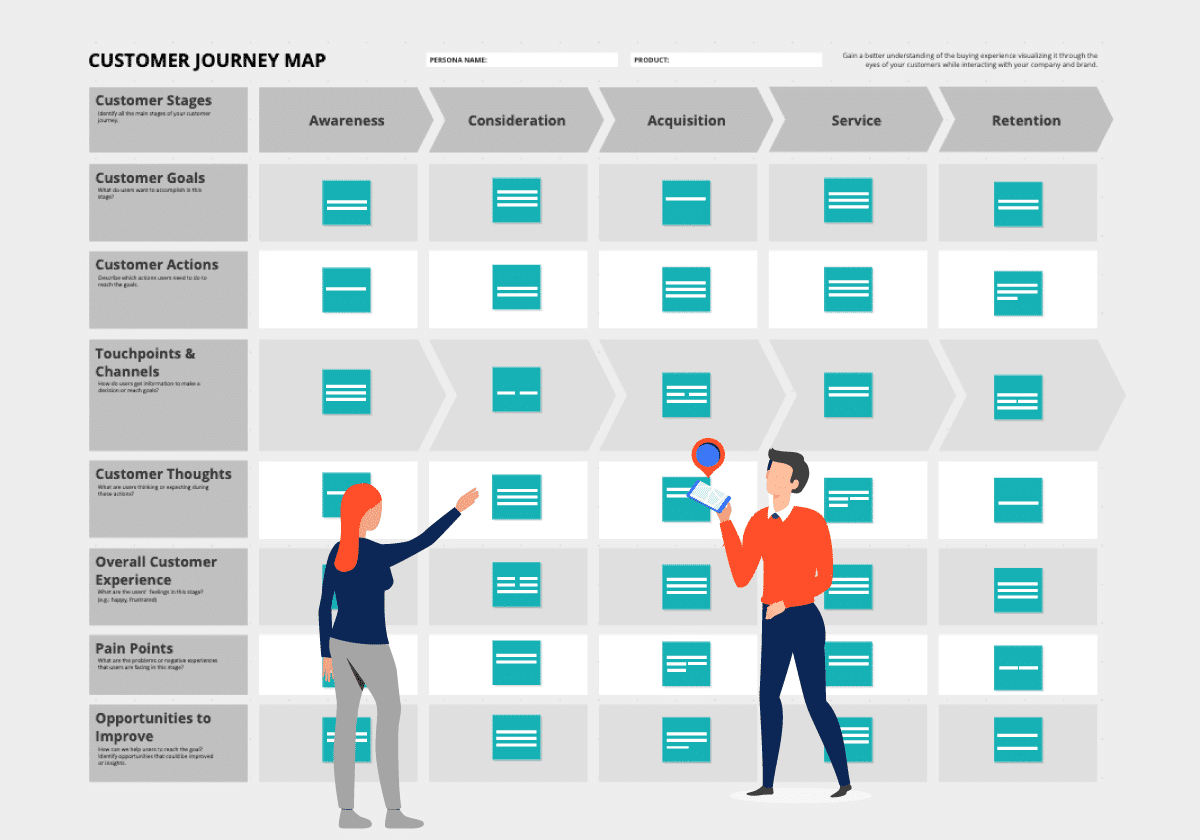
The Future of Search Optimisation: How Voice Search and AI Technology are Changing the Game
8 views
.
1 year ago
Content Marketing SEO Uncategorized VOICE and AI
The Dawn of Voice Search Evolution Are you curious about how AI advancements will redefine user search patterns? Look no further. Voice search has long been a buzzword, yet its full potential is only just unfolding. Since the launch of Google Home in 2013, there’s been a notable uptick in voice-activated searches. Initially, these searches […]
The Dawn of Voice Search Evolution
Are you curious about how AI advancements will redefine user search patterns? Look no further. Voice search has long been a buzzword, yet its full potential is only just unfolding. Since the launch of Google Home in 2013, there’s been a notable uptick in voice-activated searches. Initially, these searches were limited to simple queries and local searches, like “dentists near me”. This was mainly due to the then-existing limitations of search engines’ Natural Language Processing (NLP) capabilities.
Bridging the Gap with Chat GPT 4 and Bing
But we’re witnessing a significant shift. The partnership between Chat GPT 4 and Bing is set to be a formidable duo, combining Bing’s robust search functionalities with Chat GPT’s advanced linguistic comprehension. This leap forward is poised to provide Bing with a nuanced understanding of human queries and equip Chat GPT with expansive data processing abilities.
Google’s ‘Speakable’ Schema: Tailoring Content for Voice Search
The inception of the “Speakable” Schema was Google’s initiative to let webmasters highlight content for audio playback. Though it started as a nascent technology, it’s expected to evolve rapidly, aligning with the advancements in voice search.
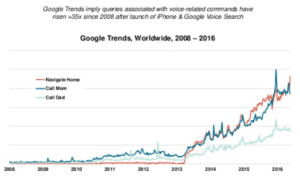
The speakable Schema, or how to tell Google how your site speaks
The “Speakable” Schema was made so that website editors could choose which parts of their sites should be read aloud or turned into a Google response.
Although the “Speakable” Schema was a positive initiative that empowered website editors, its usage remained limited due to the trends discussed earlier. Nevertheless, it is anticipated that new versions of the Schema will emerge, and search engines will encourage innovative ways of voice search that do not merely mimic our word-based search practices.
Voice Search’s Expanding Horizon
With the integration of ChatGPT 4 and Bing’s NLP, voice search is predicted to become more widespread. Chat GPT’s proficiency in parsing complex language constructs and Bing’s search accuracy create a robust platform for voice-based queries.
Previously, voice searches were simple, like checking the weather or the capital of a country. Now, Chat GPT and Bing enable users to delve into more intricate searches. For example, users can ask detailed questions such as, “What’s the best Italian restaurant in New York City that serves gluten-free pasta?” This is just the tip of the iceberg for voice search capabilities.
Voice Generation: The Google Duplex Milestone
Advancements aren’t just in comprehension but also in voice generation. A noteworthy illustration is Google Duplex’s experiment in 2019, where an AI made phone calls to set up appointments, and the recipients couldn’t discern they were conversing with a machine.
Google Duplex: A.I. Assistant Calls Local Businesses To Make Appointments
Voice Search: Envisioning the Future
Voice search could revolutionize various sectors:
- Virtual Assistants: Devices like Alexa and Google Home can manage smart homes, order food, or set medical appointments.
- Travel: Planning trips could be as easy as speaking to your device, from booking flights to reserving hotels.
- Healthcare: In a pandemic era, voice search can schedule doctor visits or provide medical advice without physical contact.
- E-commerce: Shopping could become hands-free, from product inquiries to price comparisons and purchases.
Embracing Voice SEO
For website optimization, semantic markup and voice SEO are pivotal. They help search engines understand content context, which is crucial for voice searches.
Discover more about optimizing for voice search with this comprehensive video tutorial.

The image demonstrates how the Wordlift.io AI SEO plugin utilizes natural language processing (NLP) to scan your website’s content and allocate distinct “entities” from wiki data to enhance search engines’ content comprehension.
Voice SEO is a specific search engine optimization (SEO) tactic that optimizes websites for voice search.
Voice SEO involves optimising content for natural language and long-tail keywords using schema markup and other methods to help search engines understand the content on a page.
As voice search continues to gain popularity, it will become even more important for website owners to optimize their sites for this type of search.
If you want to delve deeper into the intricacies of Voice SEO, this informative video tutorial might interest you.






